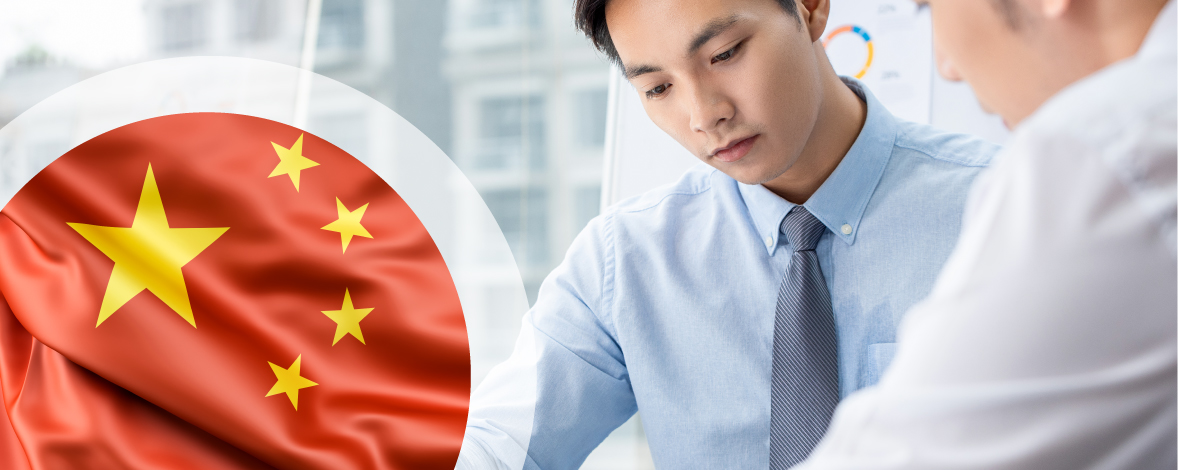Regulations pertaining to APIs in China have changed. Here at Teva api, our Regulatory Affairs team in Beijing is on the ground to help guide customers through the changes, and to help them get their products approved by the China regulatory bodies.
The background
The regulations in China have changed quite dramatically from an API supplier perspective. In the past, when pharmaceutical companies who manufacture outside of China submitted a dossier of the final dosage form, information requested for APIs was minimal. Now, however, the full Drug Master File (DMF), including restricted part information and more, is required. The review and approval process of the drug product application is linked to the review of the API DMF.
Moreover, the Center for Drug Evaluation agency reviews the DMFs based on current up to date regulations, taking into consideration new guidelines; for example ICH Q11, where expectations for control strategy, starting materials information, and modern development, is assumed.
What’s changed?
All APIs need to be registered; DMFs need to be submitted, fees need to be paid, and the registration process needs to be supported in local languages. This means that global companies which previously used to leverage developments and submit the drug product EU or US regulatory dossiers for exporting final dosages to China, now have to go through the process of registering the API contained within that dossier.
The Teva api advantage
Our dedicated Regulatory Affairs team, based in Beijing, China, is available to help our customers navigate these new regulations. This team is fully integrated into the wider Teva api team and is part of the full, holistic, customer service experience. They provide on the ground service to customers within China and outside, who need to submit files to the Chinese regulatory bodies. The team has direct communication with our manufacturing sites, as well as direct communication with the National Medical Products Administration (NMPA), making the process of review and final approval occur smoothly.
Teva api’s step-by-step process
The procedure that the Teva api China Regulatory Affairs (RA) team has developed for filing a DMF for a new submission, is as follows:
- Collect the DMF and administrative documents from the manufacturing sites worldwide.
- Translate the DMF to Chinese. Create the local DMF for submission according to NMPA requirements with full collaboration between the RA teams on the manufacturing sites and the local China RA team.
- Submit DMF to the China authorities.
- Completeness assessment and receipt of a submission code.
- Follow up of the review and answer deficiency letters.
- Provide samples to NMPA and follow-up on testing of API samples, as required.
- Receive the approval for both the API and final dosage form.


